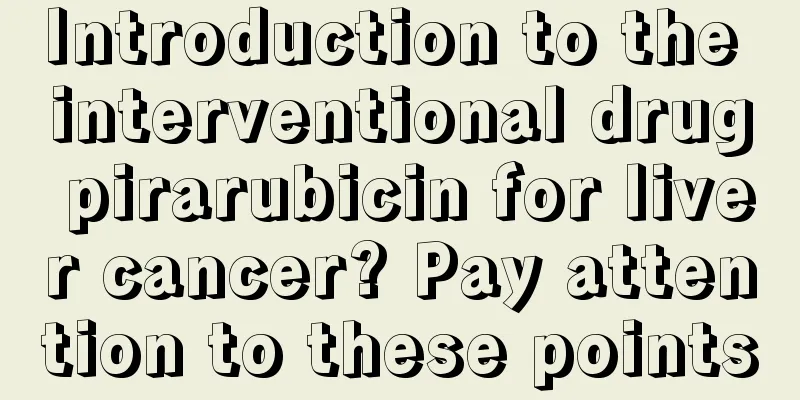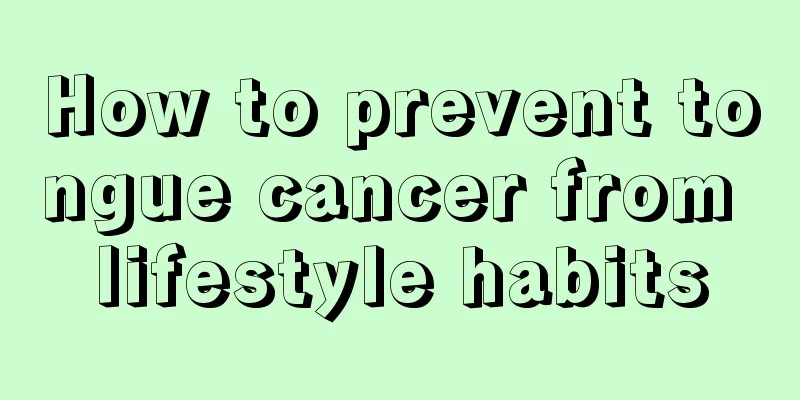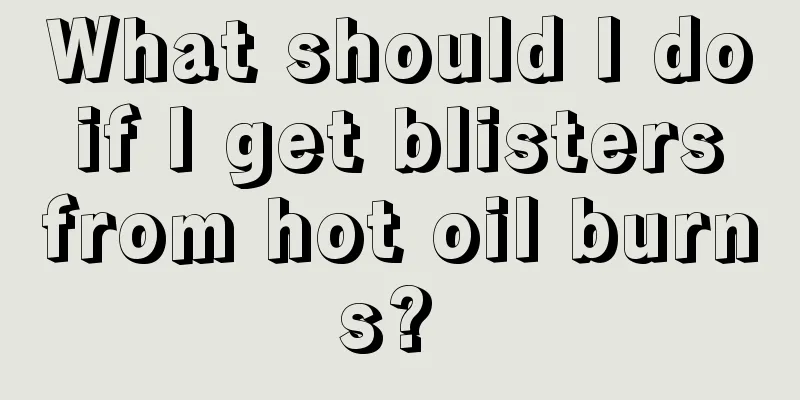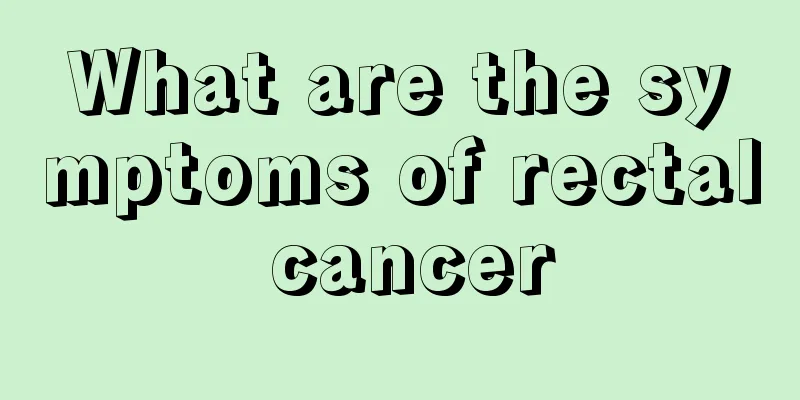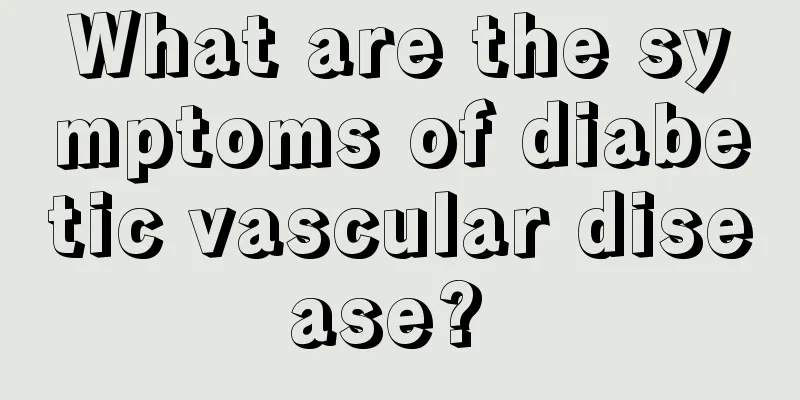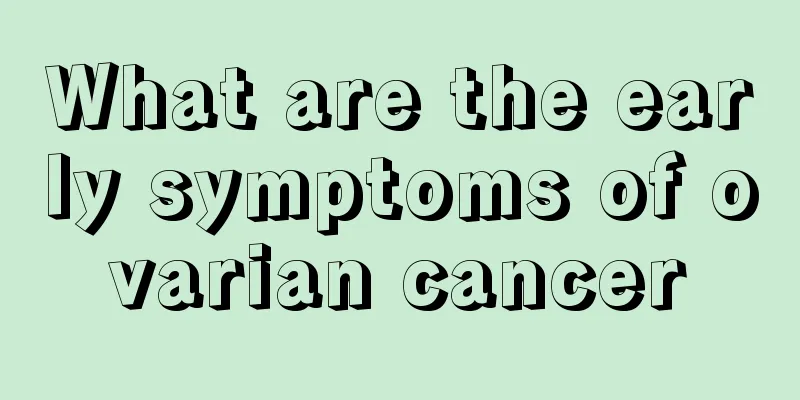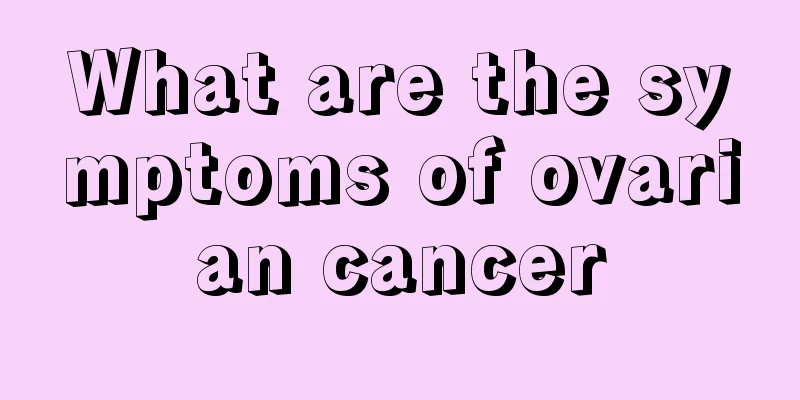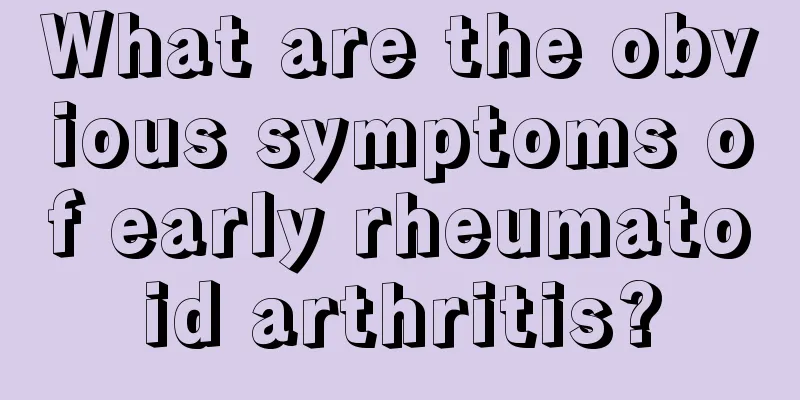What kind of medicine can cause poisoning and death when taken while drinking?
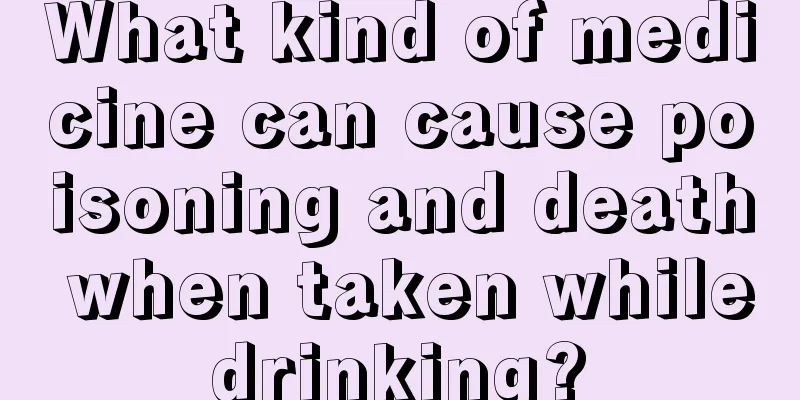
|
Nowadays, many people drink alcohol for some reasons or because they like it, but you must be careful when drinking. You must not drink alcohol when taking blood sugar and blood pressure lowering drugs, central nervous system depressants, cold medicines, etc. Drinking alcohol while taking these medicines may cause vomiting, coma and other symptoms in mild cases, and even death in severe cases. 1. Central nervous system depressants Ethanol has the effect of inhibiting the central nervous system, and the intensity of the effect is proportional to the amount of alcohol consumed. When people take central nervous system depressants such as phenobarbital, meprobamate, chlorpromazine, etc. after drinking alcohol, the central nervous system may be deeply inhibited, causing drowsiness in mild cases and coma in severe cases, or even death from central nervous system paralysis. 2. Blood sugar lowering drugs Ethanol has the effect of inhibiting sugar absorption and gluconeogenesis, and hypoglycemic drugs also mainly act on these links. The synergistic effect of the two can cause blood sugar to drop too quickly or even lead to hypoglycemia coma. In addition, taking biguanide hypoglycemic drugs such as Jiangtangling after drinking alcohol may also cause lactic acidosis. 3. Blood pressure medication Ethanol has the effect of dilating blood vessels, inhibiting the sympathetic nerves and vasomotor centers, and weakening myocardial contractility. If you take antihypertensive drugs after drinking, the small blood vessels will dilate further, the blood volume will further decrease, the blood pressure will drop sharply, and orthostatic hypotension or fainting will occur. 4. Antipyretic and analgesic drugs Ethanol can increase the secretion of serum gastrin in large quantities, and antipyretic and analgesic drugs can also increase the secretion of serum gastrin. The combined use of the two can cause a sharp increase in gastrin concentration and a large amount of gastric acid secretion, which can destroy the gastric mucosal barrier and damage the submucosal blood vessels, posing a risk of causing gastric bleeding. 5. Cold medicine Most cold medicines contain acetaminophen (also known as paracetamol), which is used to treat colds, fevers and relieve pain. During the biotransformation process of acetaminophen in the body, a toxic metabolite will be produced, which needs to combine with protective factors such as reduced glutathione in the body to reduce its toxicity. Excessive drinking consumes a large amount of glutathione in the body, causing the metabolites of acetaminophen to be unable to combine with glutathione, increasing the risk of liver failure. 6. Anti-tuberculosis drugs The oxidation process of ethanol in the body can produce a large number of free radicals, and the increase of free radicals can damage liver cells. Anti-tuberculosis drugs such as isoniazid and rifampicin can increase the hepatotoxicity of ethanol, causing jaundice and decreased liver function. |
<<: What to do if eczema forms yellow scabs
>>: Is the eczema peeling going to heal soon?
Recommend
Causes of nasopharyngeal cancer
Nasopharyngeal cancer can bring a lot of harm and...
The early symptoms of colorectal cancer are mainly painless blood in the stool
Intestinal cancer is a common malignant tumor. Mo...
What kind of tea is good to drink after the beginning of autumn
The Beginning of Autumn is a well-known solar ter...
How long can a 75-year-old live with early symptoms of lung cancer
If lung cancer symptoms are detected early and tr...
What are the main causes of kidney cancer?
There are many causes of kidney cancer, so we sho...
How long does it usually take for indolent lymphoma to break out
In fact, lymphoma is divided into four stages: st...
What are the methods to clean the intestines and remove stool?
Constipation is a problem that many people have e...
The principle of descaling with dilute hydrochloric acid
In our daily life, there will be some scale in ke...
How to wash off hairspray?
There are various hairspray products on the marke...
What are the causes of bladder cancer? How long does it take for bladder cancer to recur after surgery?
Bladder cancer is one of the ten most common tumo...
Will the black spot on the nose after thread lifting disappear?
In this age of appearance, micro plastic surgery ...
Treatment of nasopharyngeal carcinoma and lymphoma
As more and more patients suffer from nasopharyng...
What diseases does the health certificate mainly check for
People working in some special industries, such a...
Differentiation between gallbladder cancer and gallbladder polyps
Early gallbladder cancer and gallbladder polyps l...
What should I do if my eyes turn red after eyelash transplant?
In life, many women who love beauty get eyelash t...
